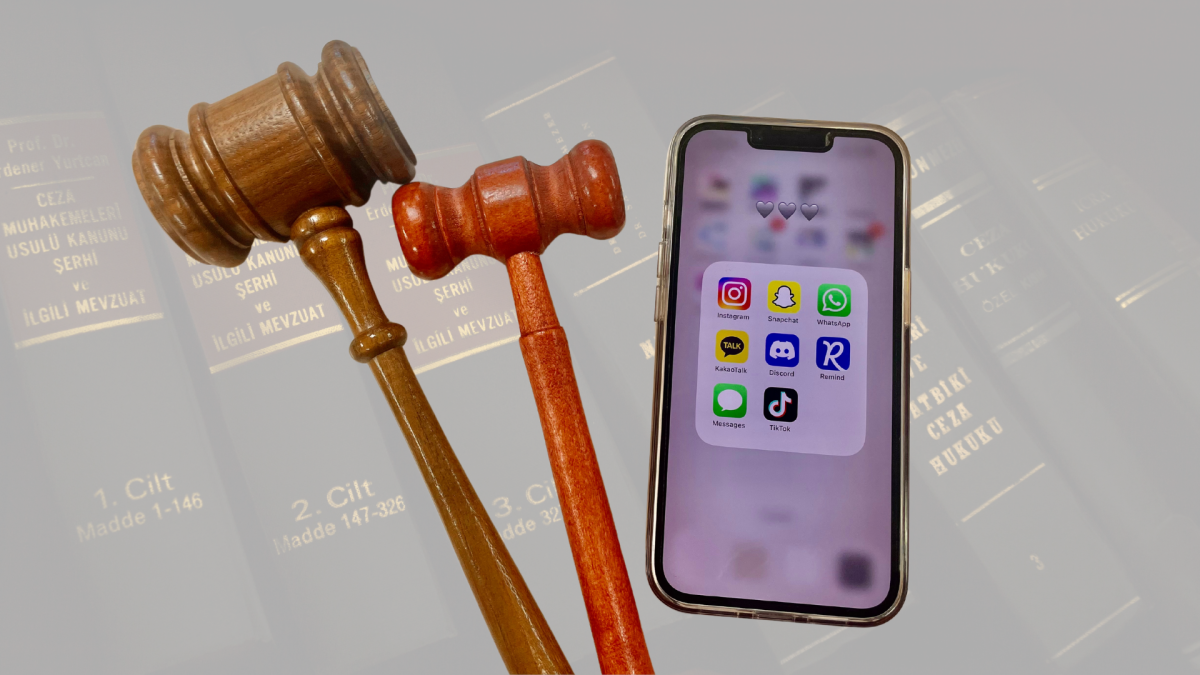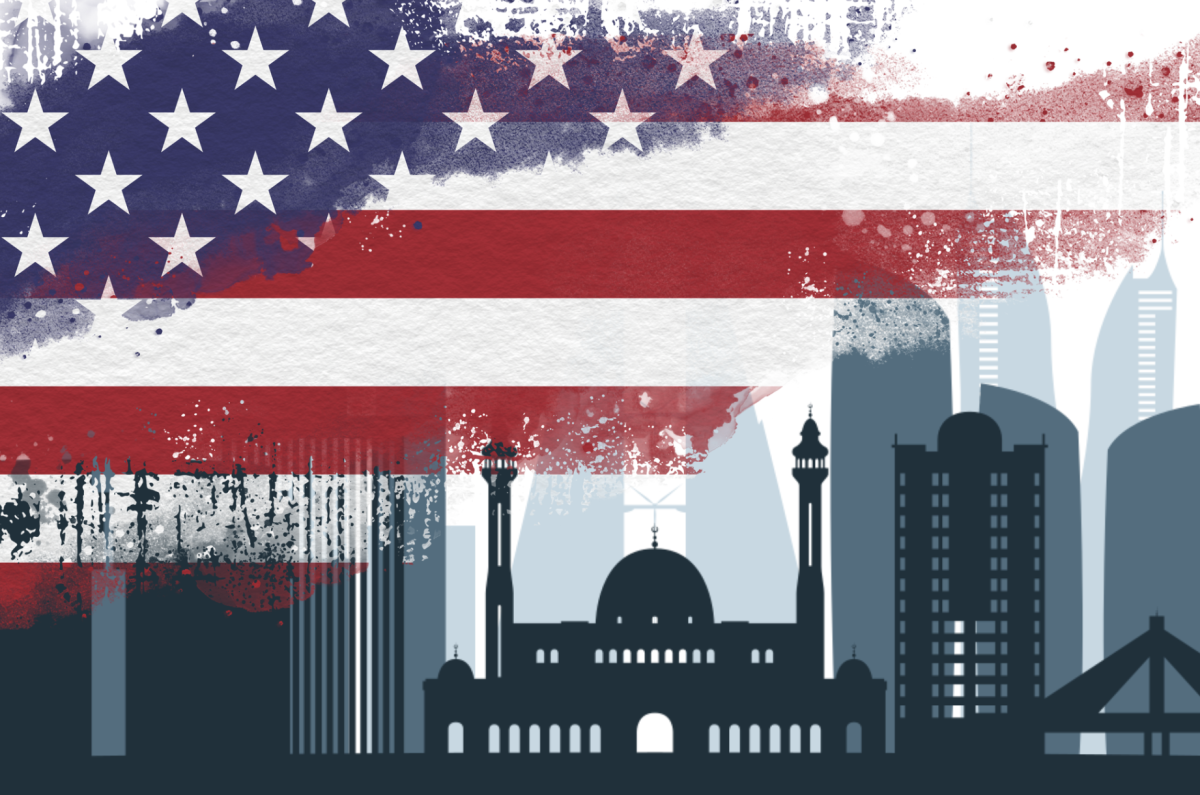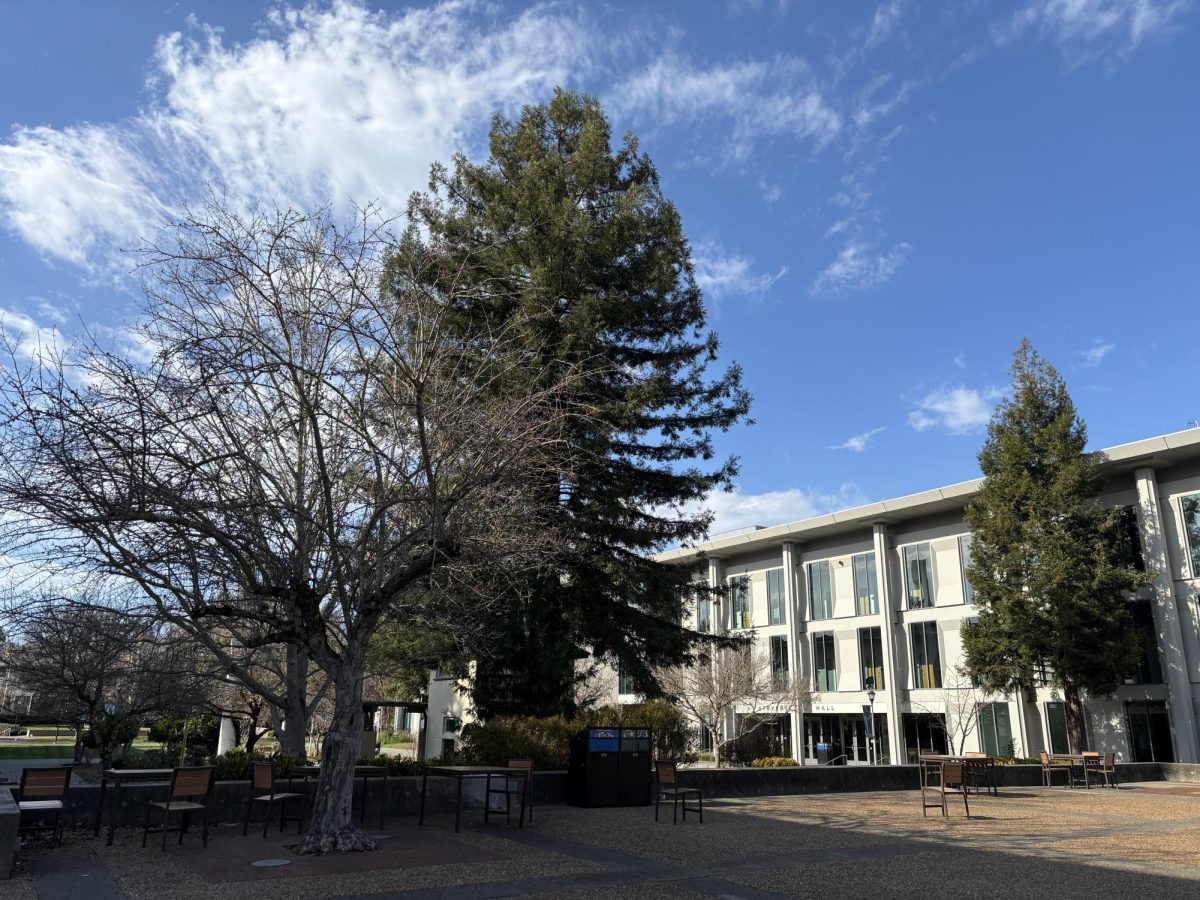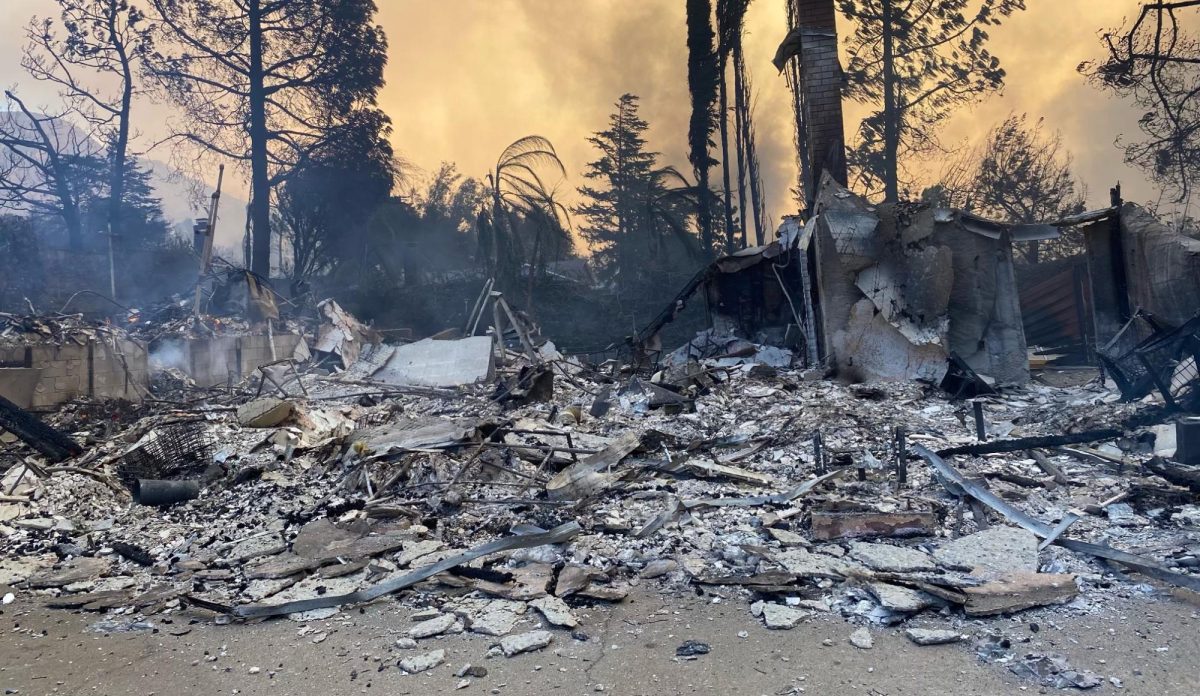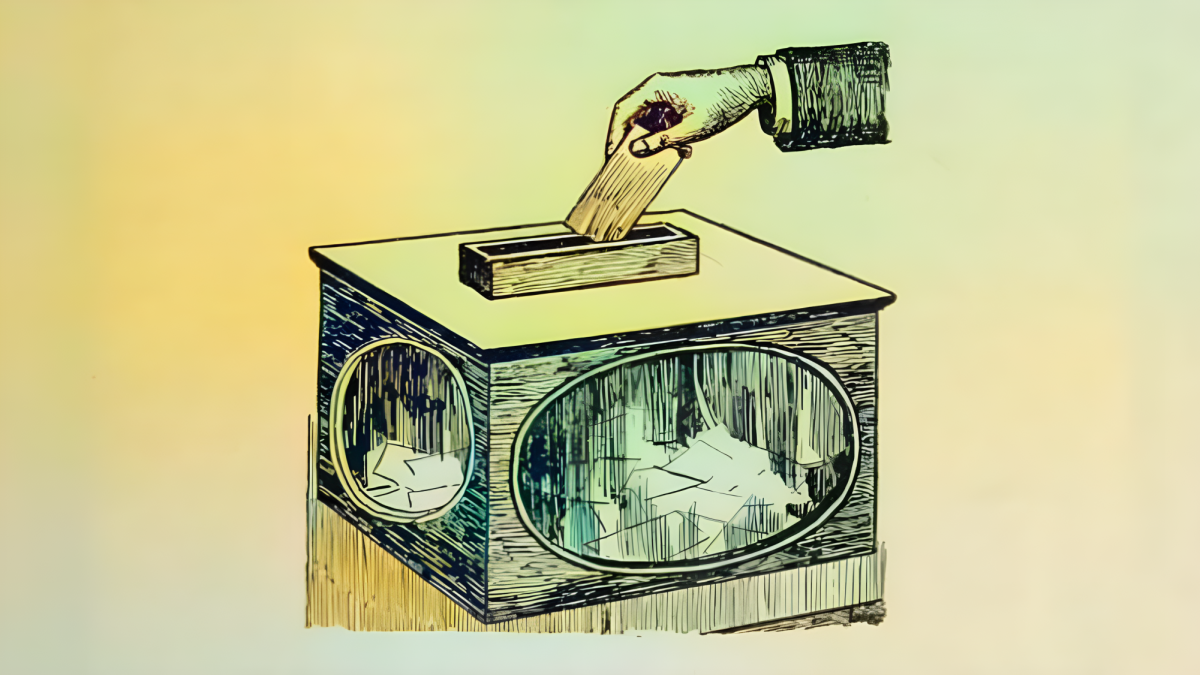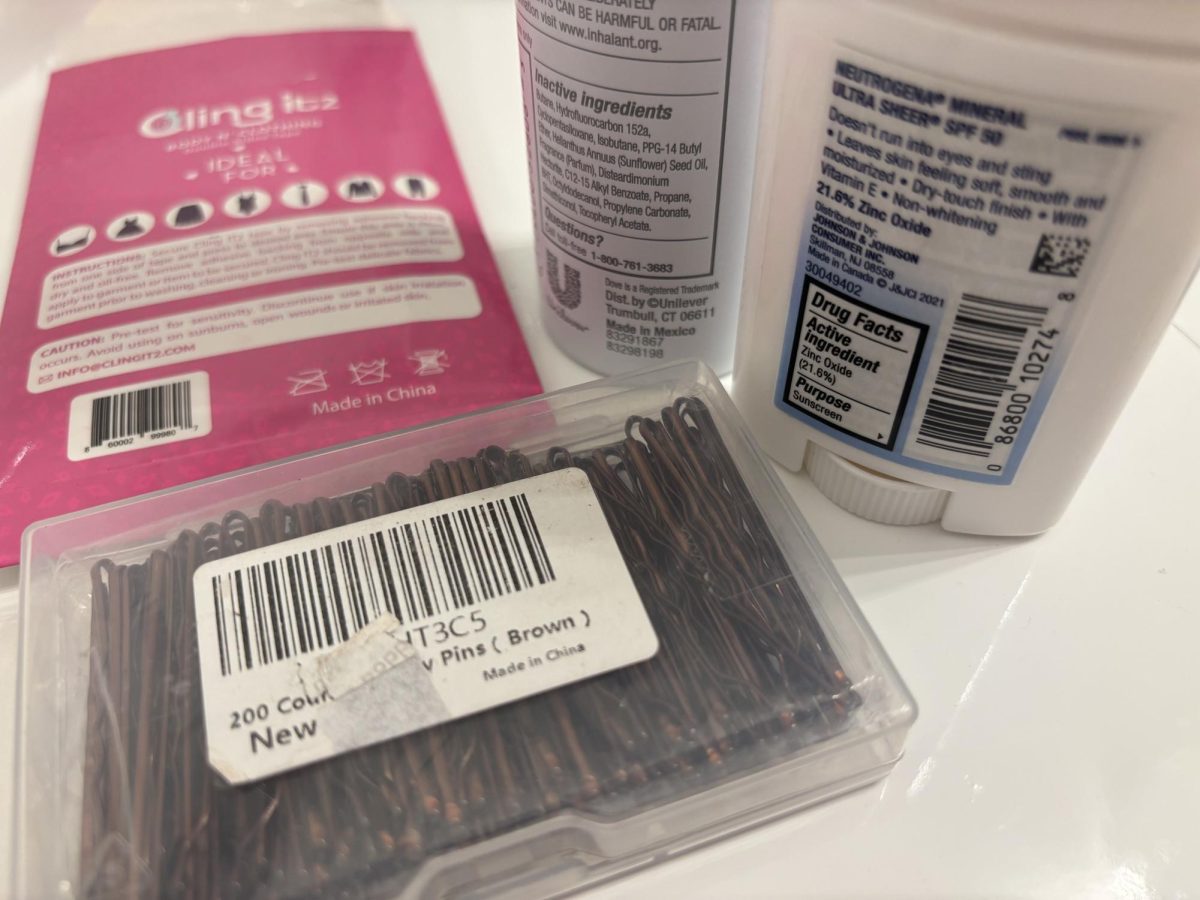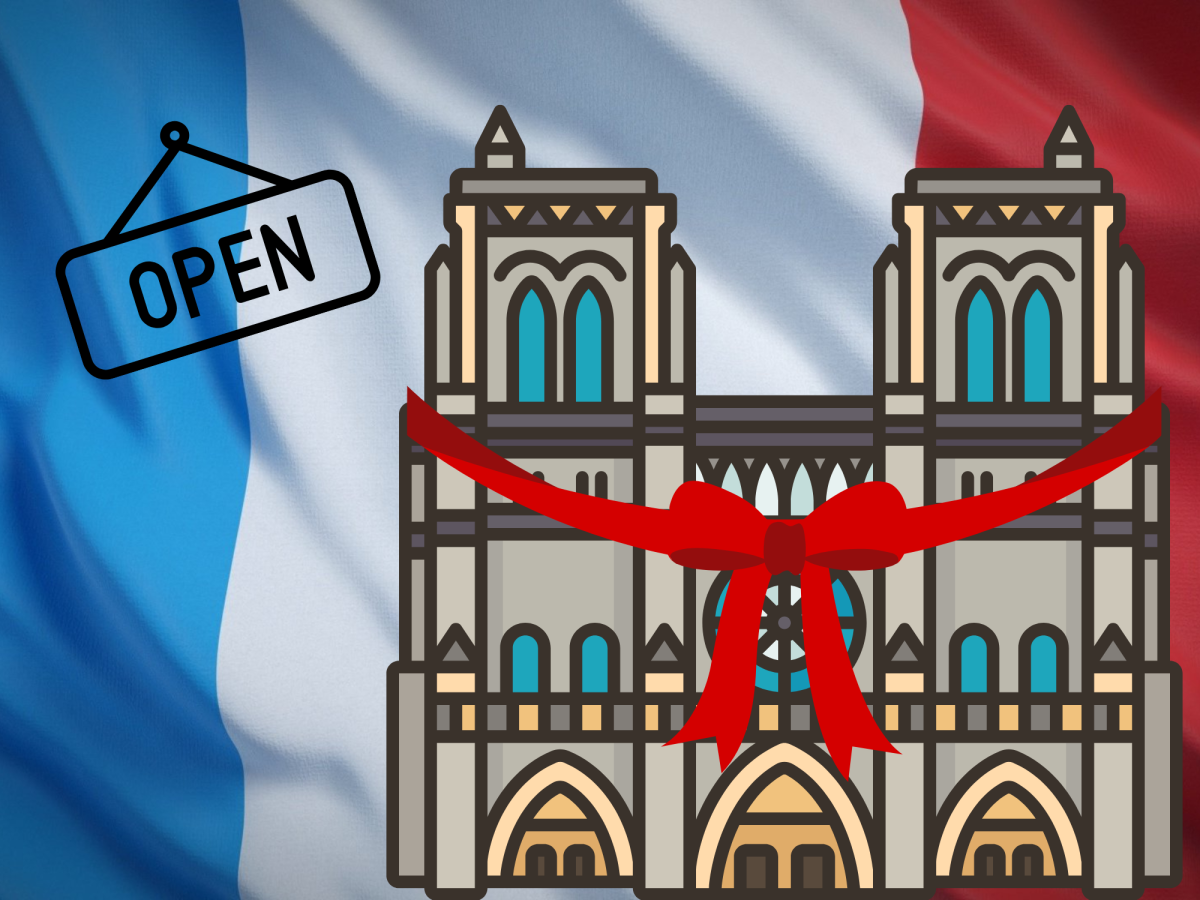Supreme Court cases have always been an important part of American history and culture. As 2024 unfolds with a slate of cases awaiting adjudication, a significant portion of the public remains unaware of their existence and potential impact.
Moody v. Netchoice, LLC
This court case brings to air social media platforms’ use of user-generated content. When Florida passed S.B 7072 to address bias and censorship within large social media corporations, controversy surrounding the legal foundations of the law were rampant.
“I use social media pretty often and when I am on it, it only pushes me to watch what I like and want to watch. Iit makes sense that social media companies only seem to push people what they like to watch. I rarely see videos from the complete opposite side,” said Sera Hyung (‘25).
The law imposes restrictions on social media platforms, essentially making them just like any other common carrier of information. The laws would require companies to disclose details on content moderation as well as remove their ability to de-platform creators.
“I definitely think that social media companies should be open and transparent about their policies and what they are showing users,” said Hyung.
On the other hand, the trade associations representing internet and social media companies argue that the legislation would violate their First Amendment rights. The district court found that making platforms liable for removing content would likely conflict with federal regulations and would therefore most likely be overridden.
“As someone who manages social media accounts, this case really highlights the importance of having free speech online but also being responsible and positive. Social media platforms should allow people to speak freely, but remove harmful content that is threatening or damaging to groups of people,” said DECA’s social media manager Shirley Fukuta (‘25).
The Florida law also did not pass strict scrutiny, an evaluation to see if the law is serving a state interest and not affecting any other parties negatively. The State appealed the district court’s ruling and the Supreme court will hear the case through the lower United States Court of Appeals for the Eleventh Circuit.
Alexander v. South Carolina State Conference of the NAACP
After the 2020 census, South Carolina faced backlash over the reveal of a new congressional map. This redrawing of boundaries relocated tens of thousands of black voters to different districts. This strategy of using boundaries and district locations to change political outcomes is known as gerrymandering. In the case of South Carolina, it confirmed an almost pre-determined Republican result.
“During my AP Gov class, we have been learning a lot about all the different Supreme Court cases to do with gerrymandering. I think it’s a complicated issue that is very context-based and situational, this will be one of many influential cases,” said Jerry Liu (‘24).
The NAACP contends that this change of boundaries constitutes as a racial gerrymander. However, legislators are arguing that the map was political gerrymandering, which is legal. While racial gerrymandering aims to manipulate boundaries based on race to dilute their voting power, political gerrymandering is to manipulate boundaries to give one party an advantage over the other.
This case will determine the legality of gerrymandering in the US, which remains a pertinent issue in light of the upcoming 2024 presidential election.
“As more and more high school seniors are turning 18 and beginning to think about voting, it is crucial that we understand how to vote and the influences and barriers that affect our votes,” said Ishmeet Dhillion (‘24).
Starbucks v. Mckinney
A group of Buffalo Starbucks employees led by Nikki Taylor began unionizing and organizing in early 2022. Taylor faced disciplinary actions for supposed insubordination after discussing the unionization.
Starbucks fired around 7 employees as a result of the union colliding with a media event at the same location. Although at first, this caused many employees to back out of the union, the store still voted to join the Union in June.
“It is really important to find jobs to treat them well, especially for teens in their first retail jobs. Teens and workers should be able to advocate for their rights without being worried about being fired or being reprimanded,” said former Starbucks worker James Ren (‘24).
The Union filed charges against Starbucks for unfair labor practices and the district court has ordered an injunction to reinstate the fired employees. The case has since been appealed with the NLRB believing Starbucks had reasonable cause to fire the employees.
A numerous number of teenagers have part-time jobs at retail locations such as Starbucks. However, experts claim that students need to better understand and realize their rights in the workplace.
“I left my previous job, because they did not pay me minimum wage. I am really glad that worker’s rights and unions are being brought to the Supreme Court,” said Hima Etikyala (‘25).

